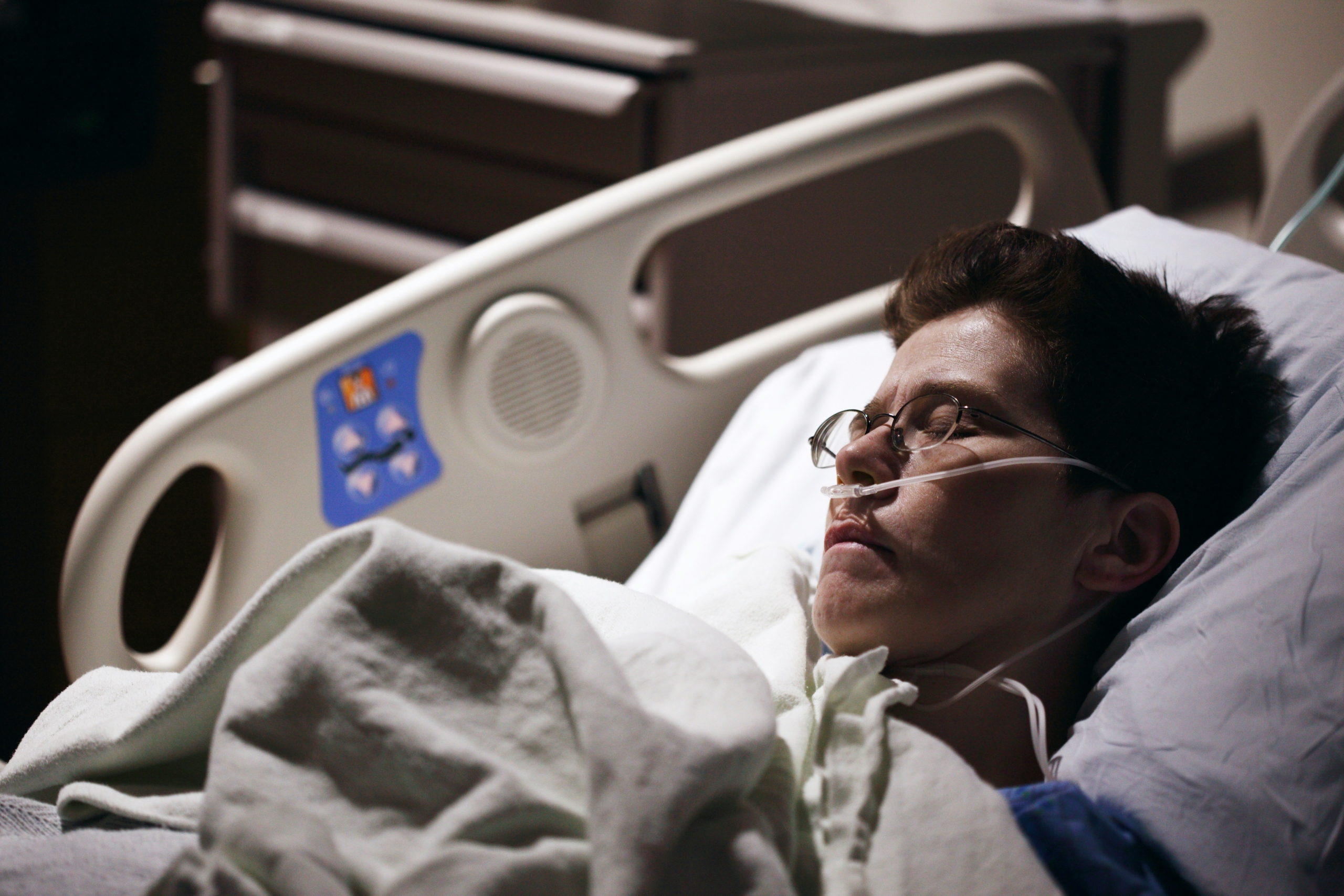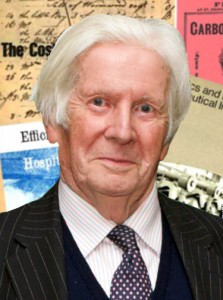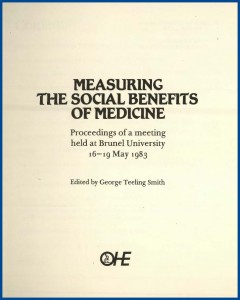Sign up to our newsletter Subscribe
Understanding societal preferences for priority by disease severity in England & Wales

Sign up to our newsletter Subscribe

Professor George Teeling Smith OBE, who set up the Office of Health Economics in 1962 and served as its Director for three decades, died unexpectedly on 28 January 2013. OHE would not exist but for George, nor would it have…

Professor George Teeling Smith OBE, who set up the Office of Health Economics in 1962 and served as its Director for three decades, died unexpectedly on 28 January 2013. OHE would not exist but for George, nor would it have thrived for 50 years without his foresight in establishing OHE with the Policy Board and Editorial Board arrangement.

Professor George Teeling Smith OBE, who set up the Office of Health Economics in 1962 and served as its Director for three decades, died unexpectedly on 28 January 2013.
OHE would not exist but for George, nor would it have thrived for 50 years without his foresight in establishing OHE with the Policy Board and Editorial Board arrangement. These boards continue to ensure that OHE research is of high quality; together, they provide the independent guidance that ensures credibility within academic and policy circles, including within government, both in the UK and internationally. George positioned the OHE such that it operated at arm’s length from the ABPI, yet continued to attract ABPI research funding as is true today.
The health care world was very different when George established OHE in 1962. The NHS had faced the tragedy of thalidomide, which ultimately led to more effective drug efficacy and safety regulation. A PPRS pricing agreement had been in place between industry and government since 1957 — then called the “VPRS” and the “V” did not stand for ”value”, but for “voluntary”. The government had threatened one major multinational with compulsory licensing of several of its drugs to force down prices. We were just beginning to understand how to achieve the right balance between the benefit and risk of drugs and knew little about the right balance between prices and investment. Measuring patient quality of life or health status to understand benefit and harm for drug regulation or drug pricing was not even considered.
The NHS was about to embark on a massive hospital building programme in 1962 and primary care was to be revitalised with a new GP contract. Yet we knew very little about how much anything that the NHS did actually cost, or how to measure the output (in terms of outcomes for patients), or what incentives would improve performance by doctors or hospitals. We still knew little about the costs of diseases and how much value various medicines represented in tackling them.
Under George’s leadership, OHE began to tackle these issues, funding and undertaking work on:
Through OHE, George helped to increase the interest in and understanding of health economics and expand the academic capacity. He provided funding to Brunel University, which helped Martin Buxton establish HERG, and early OHE money helped support doctoral researchers, including the late Bernie O’Brien, and the current HERG Director, Professor Julia Fox-Rushby.
A succession of high quality members of the OHE Policy and Editorial Boards were recruited by George, with Chairs including economists Lords John Vaizey and Maurice Peston and the present Chair of the Policy Board, Professor Tony Culyer CBE.
George attended the OHE 50th anniversary celebrations as guest of honour last October with his wife Diana. We were very pleased to have had them with us to mark a half century of accomplishment.  “Despite the scepticism expressed by some…it seems highly probable that, within a decade or so, major therapeutic innovations will often be routinely subjected to an economic assessment of their social value, in the same way as their clinical value is usually systematically assessed at present.” Professor George Teeling Smith Foreword May 1983.
“Despite the scepticism expressed by some…it seems highly probable that, within a decade or so, major therapeutic innovations will often be routinely subjected to an economic assessment of their social value, in the same way as their clinical value is usually systematically assessed at present.” Professor George Teeling Smith Foreword May 1983.
An error has occurred, please try again later.
This website uses cookies so that we can provide you with the best user experience possible. Cookie information is stored in your browser and performs functions such as recognising you when you return to our website and helping our team to understand which sections of the website you find most interesting and useful.
Strictly Necessary Cookie should be enabled at all times so that we can save your preferences for cookie settings.
If you disable this cookie, we will not be able to save your preferences. This means that every time you visit this website you will need to enable or disable cookies again.
This website uses Google Analytics to collect anonymous information such as the number of visitors to the site, and the most popular pages.
Keeping this cookie enabled helps us to improve our website.
Please enable Strictly Necessary Cookies first so that we can save your preferences!



